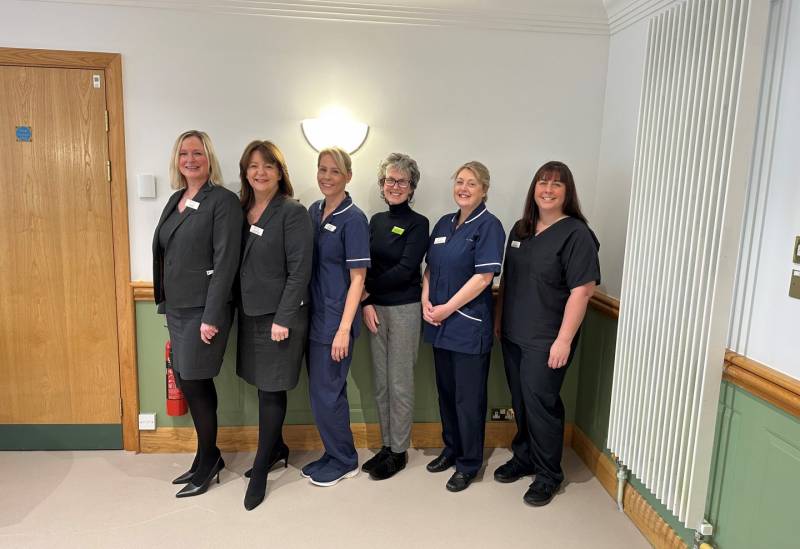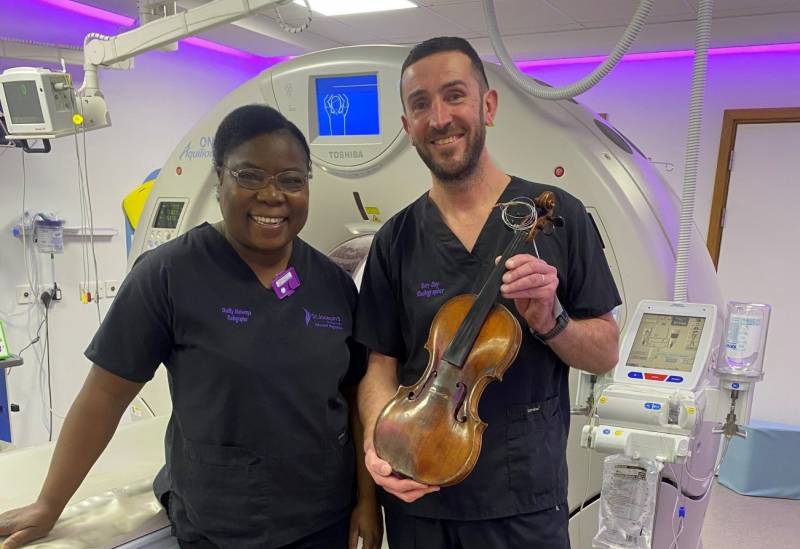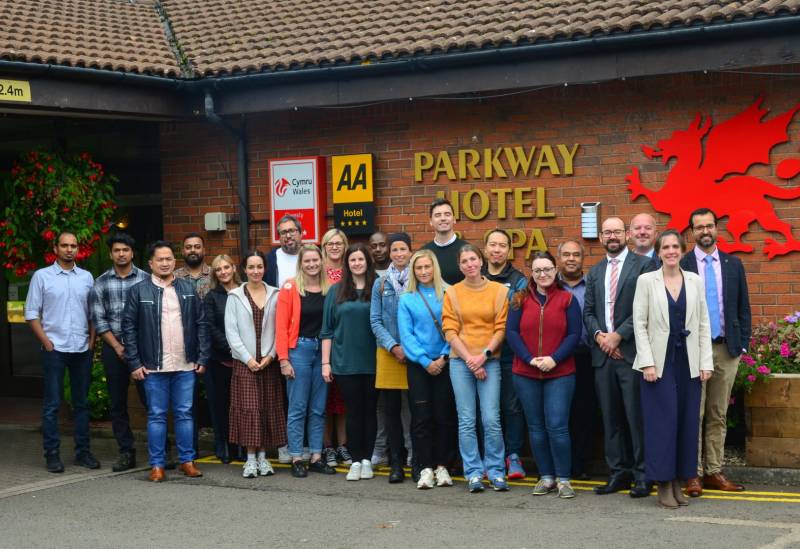Working in partnership with Heart & Lung Health, St Joseph's Hospital offers a Lung Health Check using AI Technology.
The service not only gives people with a high risk of developing lung cancer the opportunity to identify the signs of the disease at the earliest possible stage but may also be used to look for the signs of other lung abnormalities, including damage caused by a COVID-19 infection.
Led by the award-winning team of consultant cardiothoracic radiologists behind Heart & Lung Health the new service uses low-dose CT scanning to detect subtle signs of early lung cancer (nodules) in their earliest, most curable stage. Whilst these signs may be invisible on a conventional chest x-ray, low-dose CT scans performed by the Advanced Diagnostic Centre can detect these crucial signs, which can then be further analysed and categorised using powerful state of the art artificial intelligence software.
With the potential to eliminate unnecessary biopsies as well as to speed up diagnoses, the new Lung Health Check uses expert reporting supplemented by cutting edge AI analysis to detect abnormalities that may be invisible on a conventional chest x-ray.
It is completely non-invasive and will be offered as a complete package of care by St Joseph’s Hospital, with each patient being under the care of a Chest Physician who will act upon the outcome and includes a virtual consultation.
Whether you are a smoker now, or you were earlier in your life or you have been exposed to dusty environments for prolonged periods, you may worry about whether you have suffered lung damage.
Lung cancer remains one of the most common cancers accounting for thousands of deaths a year in the UK. While smoking is the most common risk factor in lung cancer, it can, not infrequently, also occur in non-smokers. The earlier a lung cancer is detected the greater the chances of a successful cure.
Unfortunately, traditional screening techniques such a chest x-ray are very insensitive and can only diagnose cancers at a late stage when the cancer has frequently already spread and cure rates are therefore extremely low. MRI scans are not able to even visualise the chest at all and cannot screen for lung cancer.
In contrast, low dose modern CT lung scans are very sensitive and able to visualise even the smallest airways in a way that is impossible with any other technique. Lesions as small as 2mm can be detected which results in a cure rate of greater than 95%. Regular CT chest scans have been proven to reduce the death rate from lung cancer and is advocated by many authorities for smokers.
To find out more, please call 01633 820301 or email advanceddiagnostics@stjosephshospital.co.uk














































